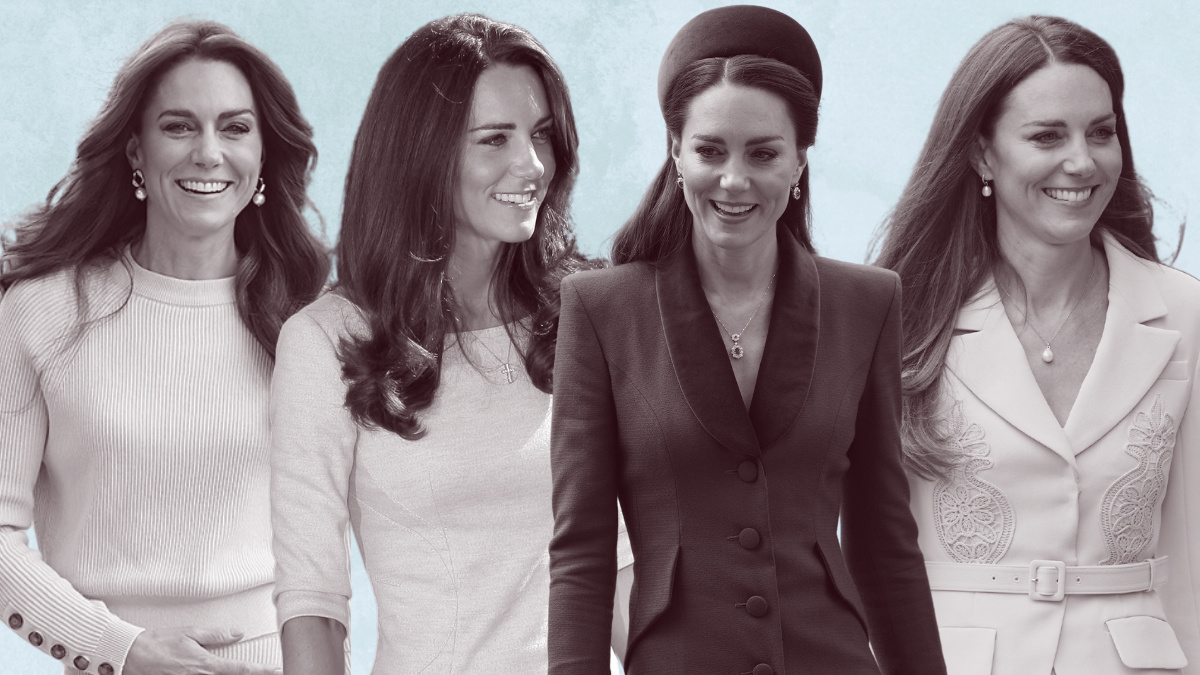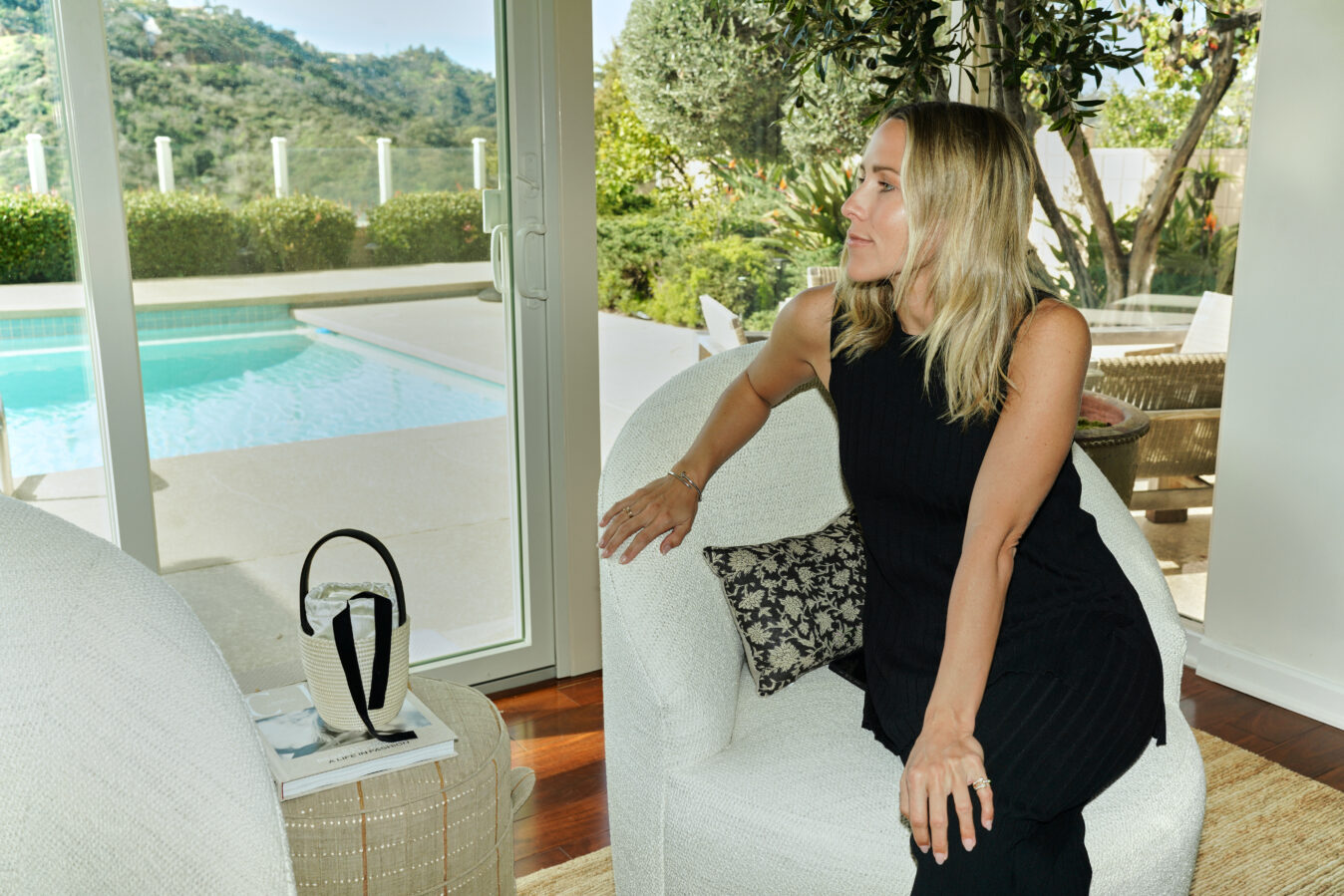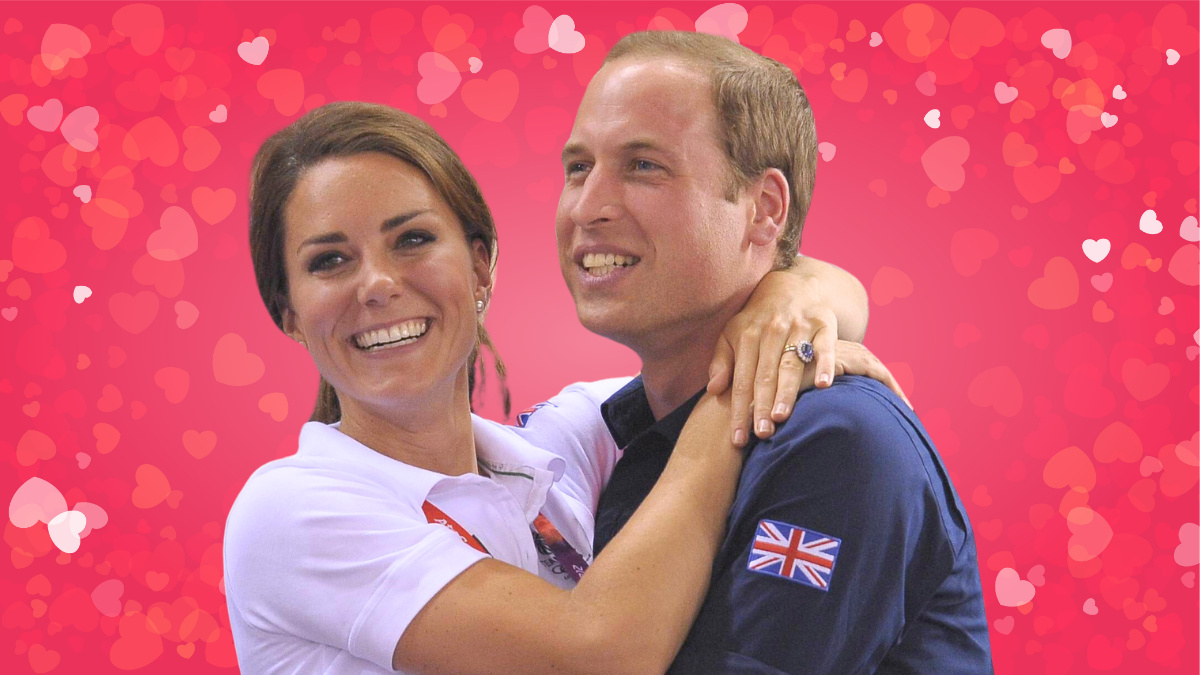Table of Contents
It’s rare to have a conversation about dating lately without someone mentioning attachment theory.
The psychological phenomenon was originally pioneered in the 1950s but re-entered the zeitgeist a decade ago when the now popular book “Attached: The New Science of Adult Attachment and How It Can Help You Find — and Keep — Love” was released.
Attachment theory defines four different attachment styles which offer insight into how and why we form bonds. The four types of attachment styles are:
- Secure people feel comfortable with intimacy and are usually warm and loving
- Anxious people are often preoccupied with their relationships and tend to worry about their partner’s ability to love them back
- Dismissive-Avoidant people equate intimacy with a loss of independence and constantly try to minimize closeness
- Disorganized (Fearful-Avoidant) people are usually suspicious of others’ intentions and have a fear of being emotionally intimate
The type of attachment style you lean toward has a lot to do with your early childhood experiences and your relationship with your parents.
Meaning, if you want your child to have healthy relationships, you need to start that work now.
“The behavior now as a parent will start to mold what behavior your child associates with love,” says Haesue Jo, a licensed marriage and family therapist and head of clinical operations at BetterHelp.
And while no attachment style is better than another — “I don’t think people with an insecure attachment style should get a bad rep,” Amir Levine, the co-author of “Attached” told CNBC Make It last year — it would be reasonable to want your children to lean toward a secure attachment style.
“Adults who have secure attachment styles generally can depend on their parents,” Jo says. “They enter relationships based on honesty, tolerance and emotional closeness.”
Here’s how to raise a child with a secure attachment style.
‘Patient, warm, nurturing’
Instead of trying to identify what type of attachment style your child might be forming, focus on how you are showing up for them.
“If you are a parent that is generally patient, warm, nurturing, caring, supportive, and empathic it makes sense for this child to grow into an adult that expects that love from a partner,” Jo says.
On the other hand if you’re “erratic” or you only compliment or encourage your child when they are doing things that please you, they are going to associate those actions with love and look for those qualities in a potential partner.
The behavior now as a parent will start to mold what behavior your child associates with love
Haesue Jo
LMFT, head of clinical operations at BetterHelp
Someone with an anxious attachment style, for example, might have gotten very little validation from a parent. Therefore they might be constantly seeking approval from a partner and never believe they are good enough. This can be “frustrating,” Jo says.
Pretty much every attachment style besides “secure” is “characterized by having a hard time maintaining relationships,” she adds.
It’s not about being a perfect parent, ‘it’s about being good enough’
Many parents who want to be patient and supportive fall short because they aren’t prioritizing their own health, Jo says.
“We put so much of ourselves in a relationship, so if we feel crappy about who we are, how can we then extend ourselves to give love to another,” she says.
If you’re stressed and anxious, you might not be totally present for your child.
You also need to accept that there are many times when you’ll get it wrong, and that’s okay, too.
“Most people are not 100% securely attached,” Jo says. “It’s just the nature of reality that 100% of a baby’s needs are not going to be met. Most modern parents generally cannot both be providing for a baby 24/7 and be with a baby 24/7.”
But if you’re trying to be nurturing and accepting, your kids will see that and learn from it.
“I hope parents understand it’s not about being a perfect parent,” Jo says. “It’s about being good enough.”
DON’T MISS: Want to be smarter and more successful with your money, work & life? Sign up for our new newsletter!








